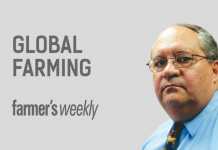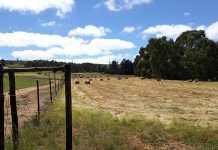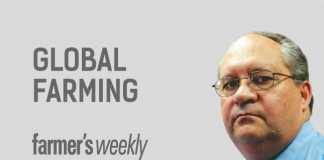International economic prospects have weakened since July, according to the October 2012 International Monetary Fund (IMF) World Economic Update. Economic growth slowed down in the first half of 2012 and remained sluggish during the third quarter. The IMF doesn’t expect the current weakness to develop into a lasting downturn. Instead, it sees it as a bout of turbulence in the slow and bumpy recovery from the recession.
This is, however, dependent on how policy makers in the US and Europe continue to deal with their short-term economic challenges.Globally, manufacturing production slowed down. In Europe, the debt burden and higher interest rates in countries like Greece and Italy put a brake on economic activity, while the UK and US also disappointed. Lower growth in developed countries resulted in a decrease in demand for products from developing countries, and in lower commodity prices.
The main reason for the weaker-than-expected economic growth is the inability to solve the debt crisis in the Eurozone. Despite massive policy interventions, it actually deepened. Doubt about the ability of the countries on the periphery of the EU to maintain the strict financial discipline needed and the ability of their financial institutions to implement the necessary measures saw firms in Europe moving all spare liquidity to the core of the Eurozone, thereby leaving the likes of Spain and Italy severely cash-strapped.
Single currency
This also raised the question of the viability of a single currency again. Currency devaluation provides an escape route for countries battling to reduce their debt burdens and increase the competitiveness of their industries. This option isn’t available to countries in the Eurozone. Action taken by the European Commission to improve control of the banking system and provide credit to struggling countries did result in some relief in euro land, but factory output and consumption remain sluggish.
This is reflected in the estimated growth of -0,2% in 2011 and 0,5% in 2012 for the EU. The US economy initially performed well in 2012. Then growth slowed down to 1,7% in the second quarter. Neither the labour market nor consumption improved. Practically unlimited fiscal intervention will probably help to keep the US economy alive.
The continuing financial crisis in the developed world affected growth in developing countries as well. Weaker demand from the developed countries and domestic problems saw slower growth. China’s economy, for example, slowed down sharply due to weaker demand from developed countries, tighter financial markets and a decrease in public investment. In India, business confidence decreased as structural reforms lagged and credit conditions tightened. Growth in South America decreased to 3% in the first half of 2012, mainly as a result of problems in Brazil.
Bumpy ride
The IMF doesn’t foresee any significant improvement in the short term, although it does expect some acceleration of activity as uncertainty about monetary policy is reduced in the US and Eurozone. But it warns that global growth may deteriorate very sharply if Europe’s policy makers fail to take decisive action both at national and Eurozone level and US policy makers fail to raise the debt ceiling. The IMF predicts a slow and bumpy economic recovery in developed countries and continued healthy growth in developing countries. However, the risk of a serious global slowdown is very high.
SA agriculture
Weaker demand in the Eurozone will affect export performance in these developed markets. However, the recent weakening of the rand resulted in higher returns in South Africa. Continuing growth in developing markets, especially in sub-Saharan Africa, has already created alternative markets for South African products. For import-prone industries, weaker Eurozone demand may result in more products landing on the SA market.
However, the recent sharp increase in food prices, triggered by the US drought, as well as the weakening of the rand, largely protects SA agriculture against any decrease in prices. Farmers should, however, take note of the large downside risks to economic growth. It’s probably not a good time to enter into high-risk ventures.
Dr Koos Coetzee is an agricultural economist at the MPO. All opinions expressed are his own and don’t reflect MPO policy.
Contact Dr Coetzee at [email protected]. Please state ‘Global farming’ in the subject line of your email.




